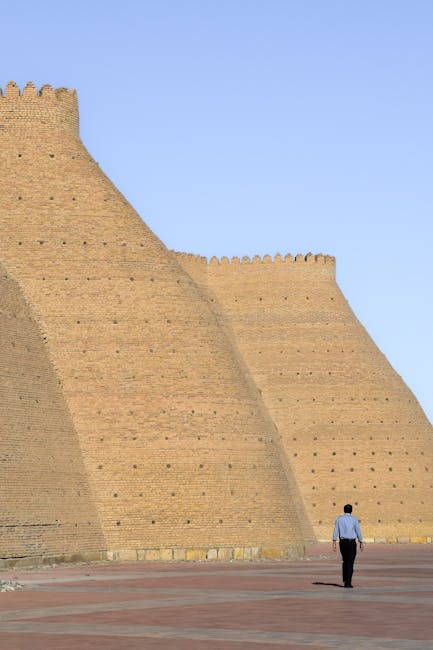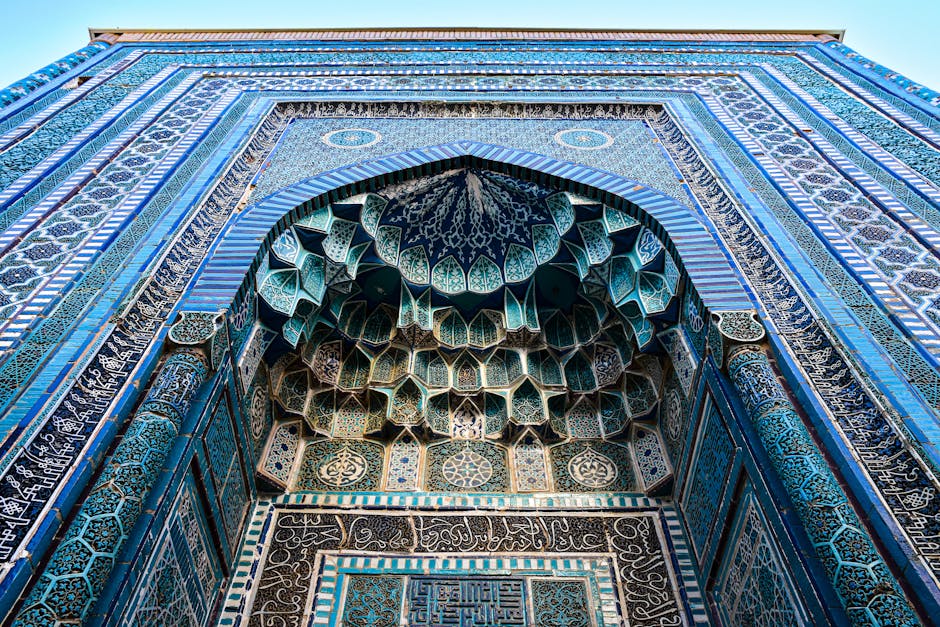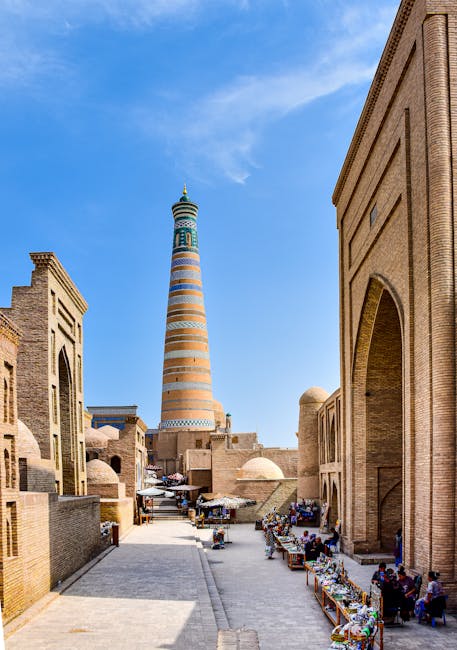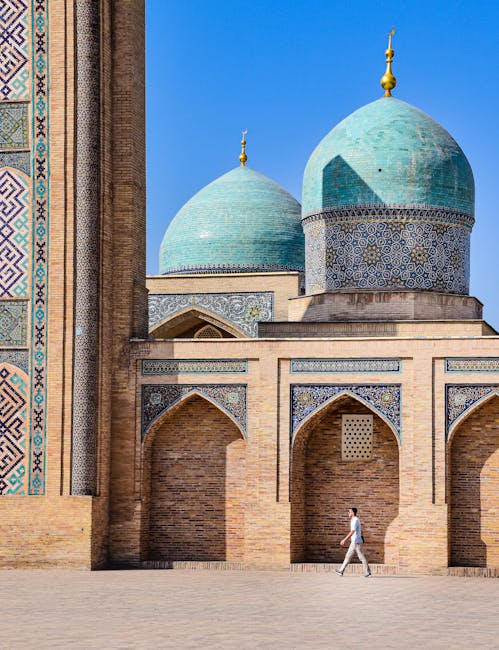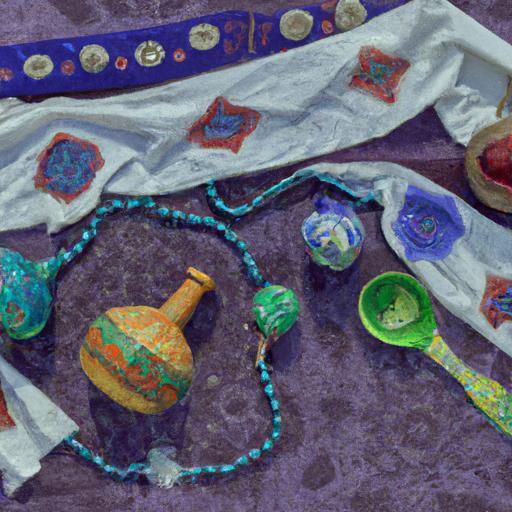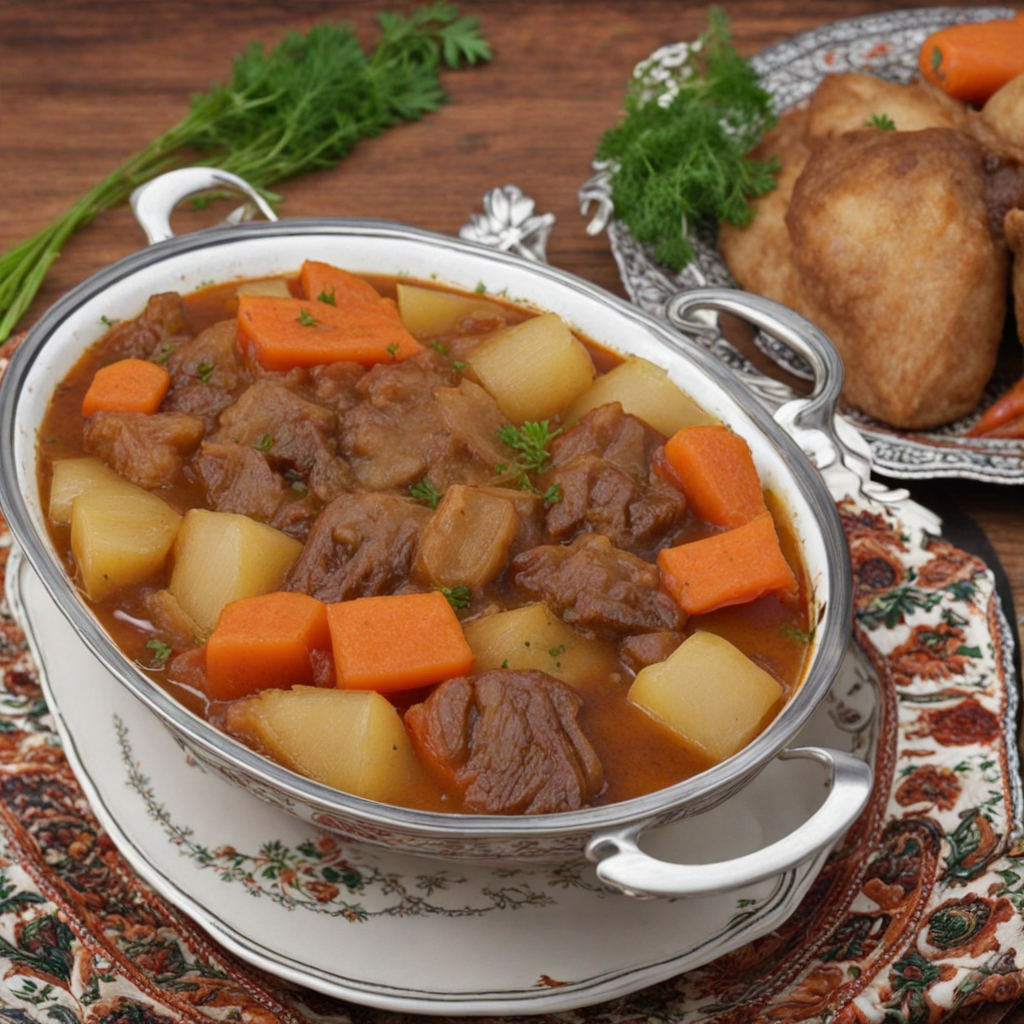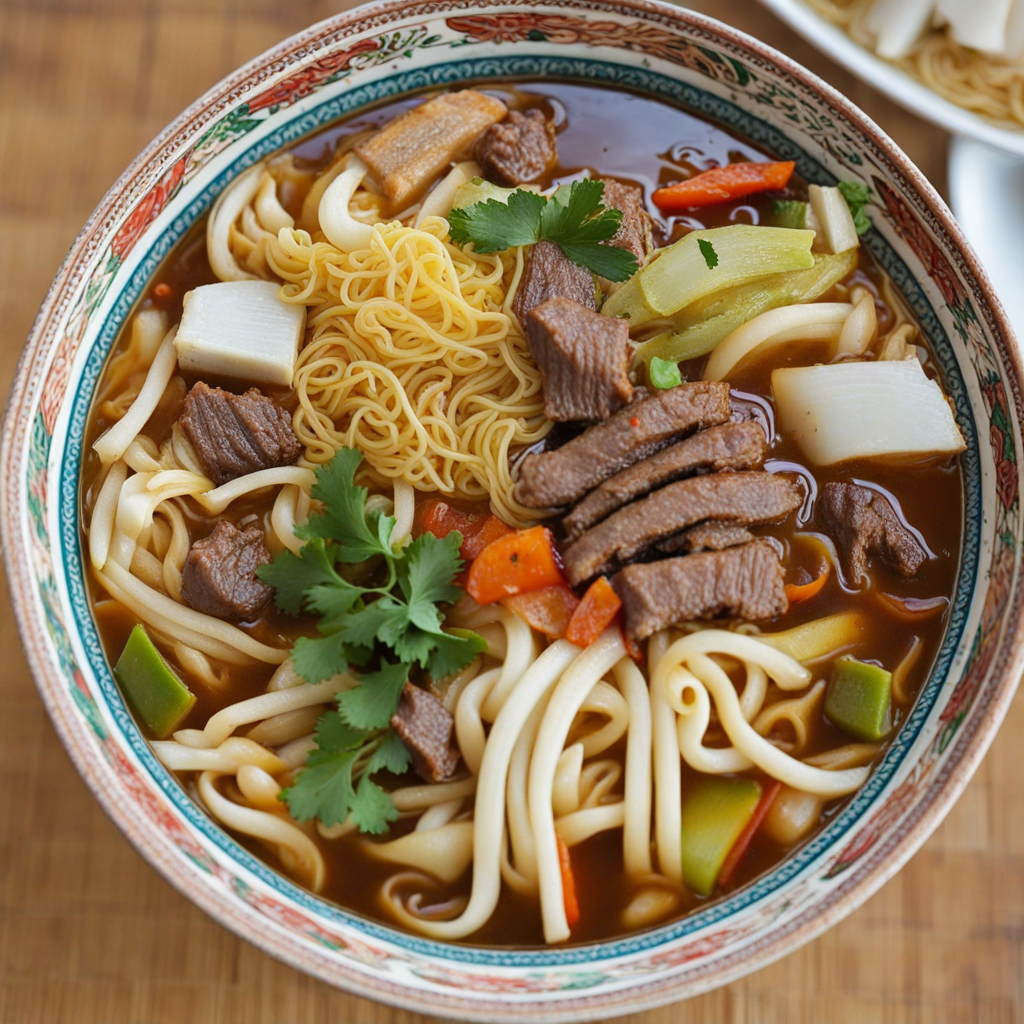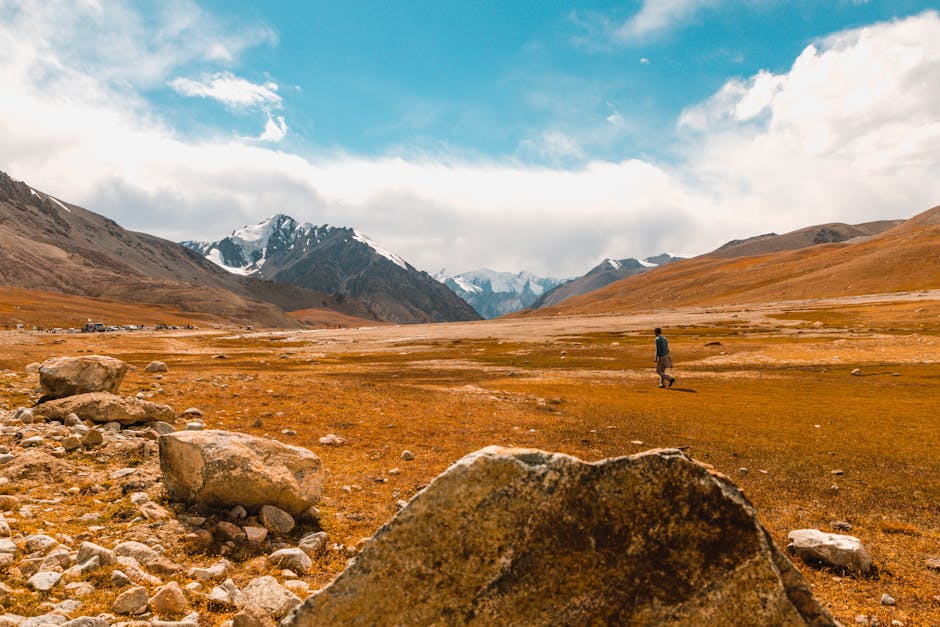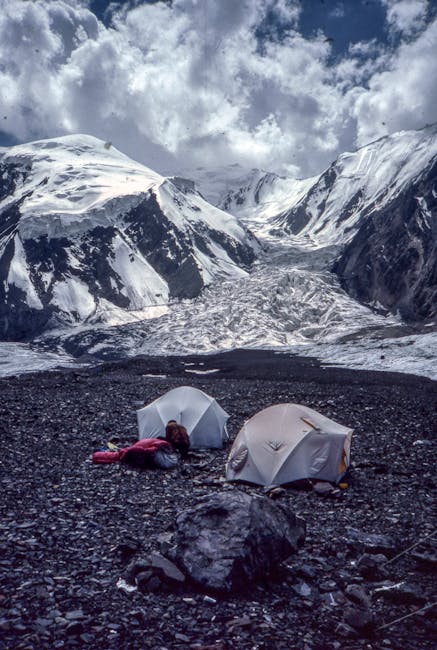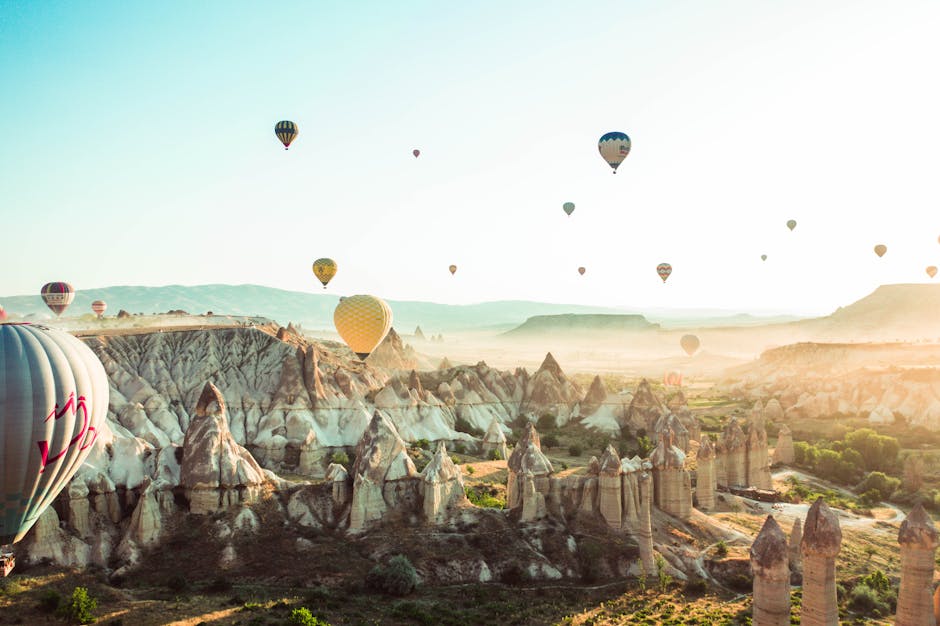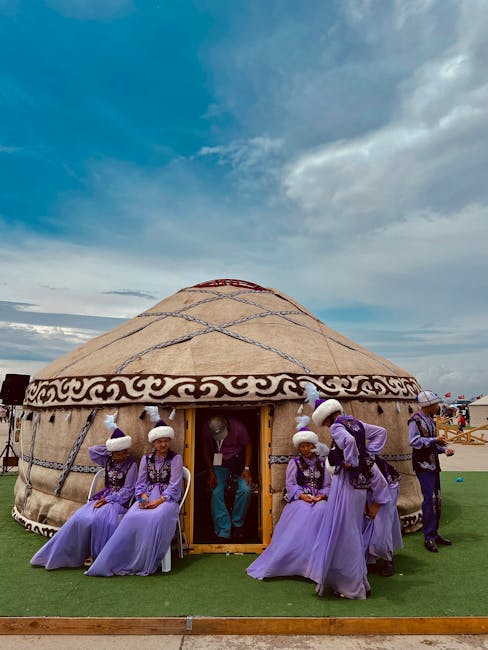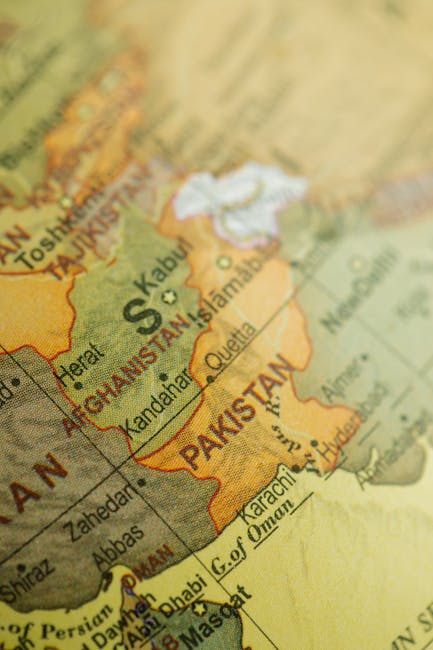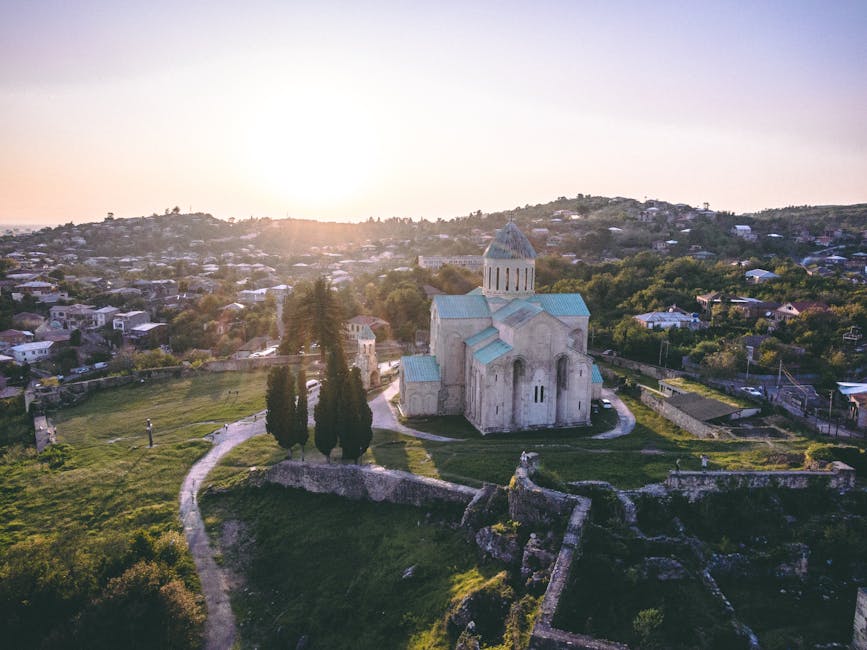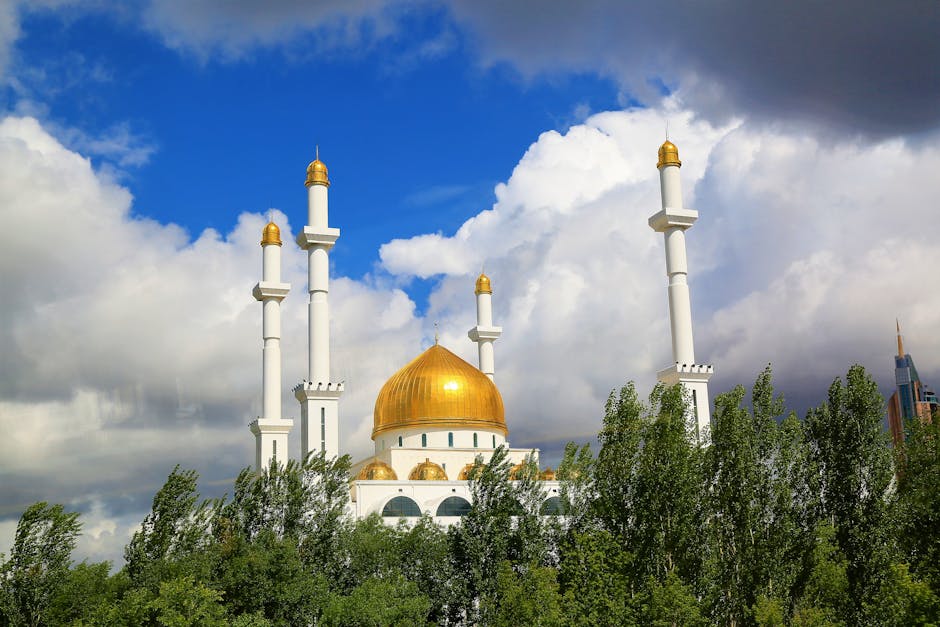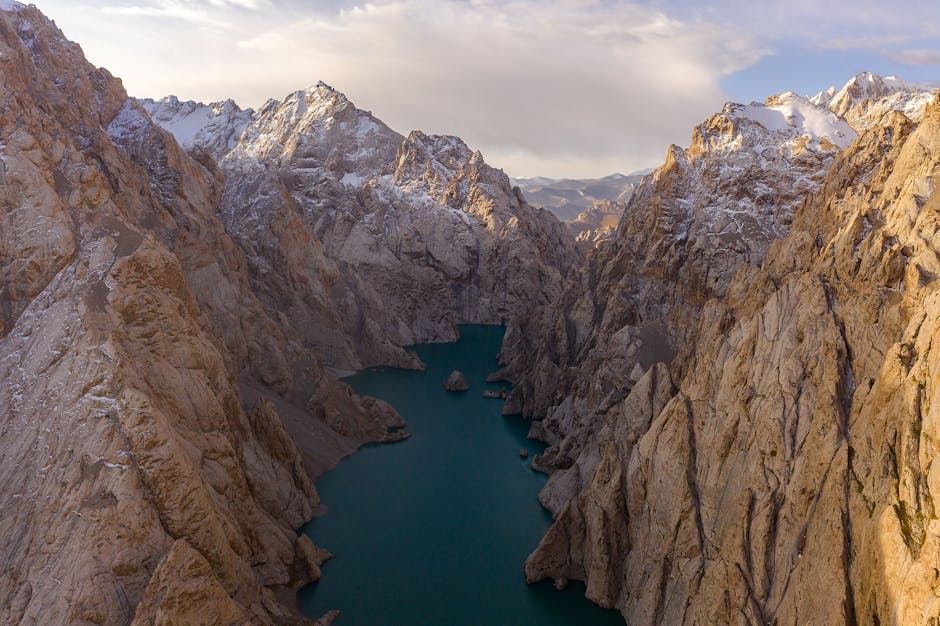Uzbekistan
Overview
Uzbekistan: A Cultural Gem in Central Asia
Uzbekistan, situated in Central Asia, is rich in history and culture, making it a unique destination for travelers. Known for its spellbinding architecture, Uzbekistan's cities like Samarkand, Bukhara, and Khiva were once major stops on the ancient Silk Road trade route, offering a glimpse into a fascinating past. The country has a vibrant culture, with influences from Persian, Turkic, Mongol, and Russian cultures. Uzbek cuisine is a delightful discovery, with dishes like Plov (a rice dish with meat and vegetables) and Somsa (a pastry filled with meat or vegetables) being must-tries. Uzbekistan's hospitality is legendary, with locals always ready to welcome visitors with open arms.
Uzbekistan experiences its high season for tourism from March to May and September to early November. During these periods, the weather is pleasantly warm, making it ideal for sightseeing and exploring the country's numerous historical sites. Outdoor activities such as hiking in the Nuratau-Kyzylkum Biosphere Reserve, exploring the Aydarkul Lake, or wandering through the bustling Chorsu Bazaar in Tashkent are popular. Additionally, cultural activities like attending a traditional music performance, visiting a silk carpet workshop, or participating in a cooking class can provide an immersive experience.
Before visiting Uzbekistan, it is vital for teenagers to prepare adequately. First and foremost, it's important to have a valid passport and visa. Check the latest visa requirements as Uzbekistan has recently eased its policies for many countries. Learning a few phrases in Uzbek or Russian can enhance your interaction with locals. Vaccinations for Hepatitis A and Typhoid are recommended. It's also advised to dress modestly, respecting the predominantly Muslim culture. Lastly, while credit cards are generally accepted in major cities, it's useful to carry some local currency, the Uzbekistani Som, especially while visiting smaller towns and markets.
A Glimpse into the Past
Uzbekistan, a landlocked country in Central Asia, boasts a rich tapestry of history influenced by diverse cultures, empires, and trade routes. Its strategic location along the ancient Silk Road made it a melting pot of civilizations, connecting East and West. Today, Uzbekistan's historical cities, stunning architecture, and vibrant culture attract travelers from around the globe.
The history of Uzbekistan can be traced back to ancient times. The region was home to some of the earliest human settlements, with evidence of nomadic tribes and agricultural communities emerging around 3000 BCE. The Zoroastrian influence was significant in the early centuries, as it was one of the principal religions of the Persian Empire that extended into the region. The ancient city of Samarkand, one of the oldest continuously inhabited cities in Central Asia, showcases remnants of this rich past, with its magnificent architecture reflecting the blend of Persian and local influences.
In the 4th century BCE, Alexander the Great conquered the region, marking the beginning of Hellenistic influences. Following Alexander's death, the territory fell under the control of various dynasties, including the Greco-Bactrians and later the Kushan Empire, which facilitated the spread of Buddhism into Central Asia. The Buddhist relics found in places like Termez highlight the region's role as a crossroads of different faiths and cultures.
The arrival of the Arabs in the 7th century heralded a new era for Uzbekistan with the spread of Islam. The region became an integral part of the Islamic Golden Age, contributing to advancements in science, mathematics, and philosophy. Bukhara, known as the "Mother of Cities," emerged as a center of learning and culture during this period, with its stunning mosques and madrasas, like the Kalyan Minaret, still standing as testaments to its historical significance.
The Samanid Empire in the 9th and 10th centuries marked a golden age for Uzbek cities. Bukhara became a hub for poets, scholars, and traders. The Samanid Mausoleum is a remarkable architectural achievement from this time, showcasing the intricate brickwork that would influence future Islamic architecture in the region.
The Mongol invasion in the 13th century, led by Genghis Khan, devastated many of the cities in Uzbekistan, but it also paved the way for the rise of the Timurid Empire in the 14th century under Tamerlane (Timur). He established Samarkand as the empire's capital, transforming it into a dazzling metropolis adorned with grand structures such as the Registan complex, a UNESCO World Heritage site. The brilliant blue domes and intricate tile work of the Shah-i-Zinda necropolis are prime examples of Timurid architecture, attracting historians and travelers alike.
Following the decline of the Timurid Empire, Uzbekistan faced invasions from the Uzbeks, a group of nomadic tribes who established dominance in the region during the 16th century. The Bukhara Khanate and the Kokand Khanate emerged as significant powers, fostering trade and cultural exchange along the Silk Road. The Ark Fortress in Bukhara, once the residence of the khans, stands as a symbol of this period, showcasing the power and influence of the local rulers.
In the 19th century, the Russian Empire began to encroach on Central Asia. The Russian conquest of Bukhara and Samarkand in the late 1800s marked a new chapter in Uzbekistan's history. The establishment of Russian rule brought significant changes, including the introduction of new infrastructure and administration, but also led to the suppression of local customs and traditions. Travelers visiting the city of Tashkent can explore the remnants of this era, such as the Khast Imam Complex, which houses one of the oldest copies of the Quran.
Following the Russian Revolution in 1917, Uzbekistan became part of the Soviet Union, a period marked by industrialization and modernization but also repression. The Soviets promoted secularism and sought to eradicate traditional practices, affecting the cultural landscape of the region. However, cities like Samarkand and Bukhara retained their historical significance, with many monuments preserved as part of the Soviet heritage.
Uzbekistan declared independence from the Soviet Union in 1991, embracing its rich cultural heritage while navigating the challenges of building a new national identity. The government has since invested in restoring and promoting historical sites, making it an attractive destination for travelers. The city of Samarkand has undergone extensive restoration, allowing visitors to experience its breathtaking architecture firsthand.
One of the most captivating aspects of traveling through Uzbekistan is exploring its ancient cities. Bukhara, a UNESCO World Heritage site, offers a well-preserved glimpse into the past, where visitors can wander through its narrow streets and discover architectural wonders like the Bolo Haouz Mosque and the Lyab-i Hauz complex.
In Khiva, another UNESCO site, the Itchan Kala fortress encapsulates the essence of the Silk Road. The towering Kalta Minor Minaret and ornate Tash Khauli Palace are must-see attractions that transport visitors back in time.
Modern-day Uzbekistan is also known for its warm hospitality and vibrant markets. The Chorsu Bazaar in Tashkent is a sensory delight, where travelers can immerse themselves in the bustling atmosphere, sample local delicacies like plov (rice pilaf), and shop for traditional handicrafts.
The natural beauty of Uzbekistan also beckons travelers. The Chimgan Mountains near Tashkent offer stunning landscapes and opportunities for hiking, while the Aral Sea, although diminished, serves as a poignant reminder of environmental challenges faced by the region.
As Uzbekistan continues to develop its tourism sector, the country remains a treasure trove of history and culture. Its cities, once pivotal stops on the Silk Road, now invite travelers to explore their rich heritage, stunning architecture, and the vibrant spirit of their people. The fusion of ancient traditions and modern aspirations creates a unique tapestry that leaves an indelible mark on all who visit.
Top cities for tourists in Uzbekistan
Discover the Famous Cities That Might Captivate Your Interests
Must-Try Foods You Can't Afford to Miss
Indulge in a Variety of Fantastic Foods During Your Stay in Uzbekistan
May Be Your Next Destinations
People often choose these countries as their next destination


